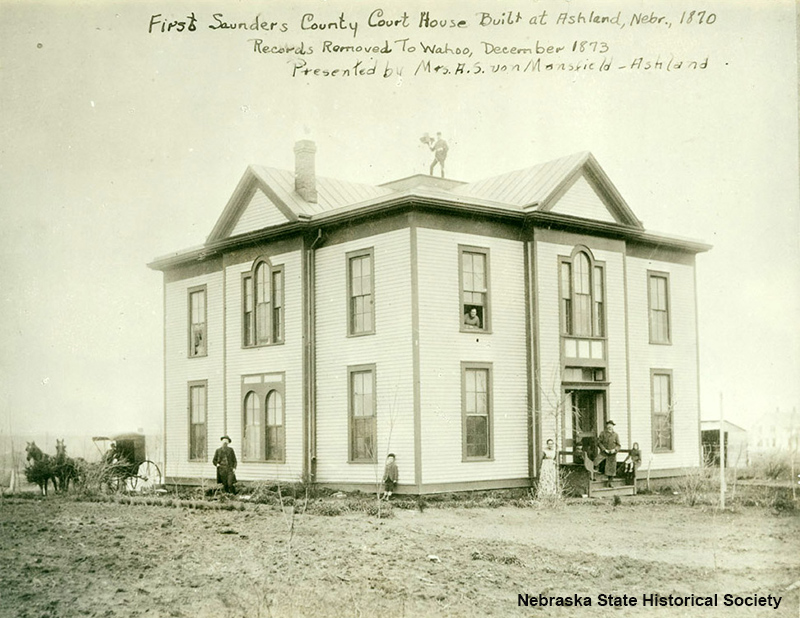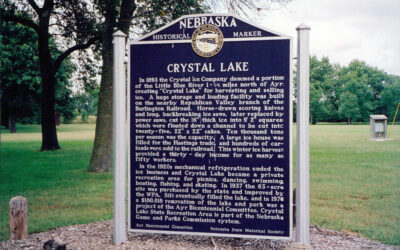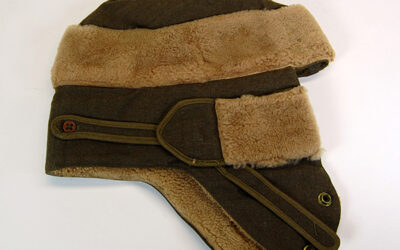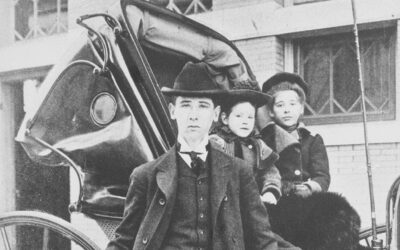
Years before Nebraska counties built their grand courthouses, courts met wherever they could, and a frontier informality prevailed.
Eleazer Wakeley, a young Wisconsin lawyer appointed the judge of Nebraska Territory’s Third Judicial District in 1857, discovered that “the [legal] environments were not always propitious” in the new, sparsely settled area. In a reminiscence published by the Nebraska State Historical Society in 1894 Wakeley recalled:
Court houses were improvised from halls, school houses, store rooms, or abandoned buildings. In the newer counties, it happened to me to hold the first terms ever appointed. The inhabitants were not familiar with the usages, and punctilios of courts… One jury came in, after a two days’ trial of a criminal case, full and elaborate instructions from the court, and several hours deliberation, to inquire whether the prisoner ‘had plead guilty.’ Set right on this important point, they presently returned a verdict of acquittal.
On another occasion a jury was out when a recess was taken, at the close of the day. The sheriff was directed to notify the judge when the jury should agree. In the evening, there was a resounding tramp on the stairs, and in the hall way of the hotel leading to the judge’s room. The sheriff, at the head of the procession, opened the door, handed the judge a paper with a pleased air, and announced, ‘Your Honor, the jury has agreed. Here is the verdict.’ A counter march was ordered; and the verdict taken at the court house with due solemnity.
Even in the older county of Washington, there was once a rather unique reception of a verdict. In January, 1861, near the close of my term, Chief Justice Augustus Hall, successor of Judge [Fenner] Ferguson, held court at DeSoto for two or three days. The jury was out, in a strongly contested criminal case, and, at reasonable bedtime, had not agreed. The Chief Justice retired. He occupied the choice guest room of the hotel, which was directly over the office (there were no ‘corridors’ in Nebraska then), and warmed by a stove pipe through a hole in the ceiling. Towards midnight, the jury agreed. It was marshalled into the room beneath. The judge had risen; but his ‘robes’ were not strictly judicial. Down through the stove pipe hole, he ordered the clerk to call the jury, and take the verdict. It was for the defendant. Again came the order, ‘Clerk, record the verdict. The prisoner is released. Sheriff, adjourn court until tomorrow morning.



